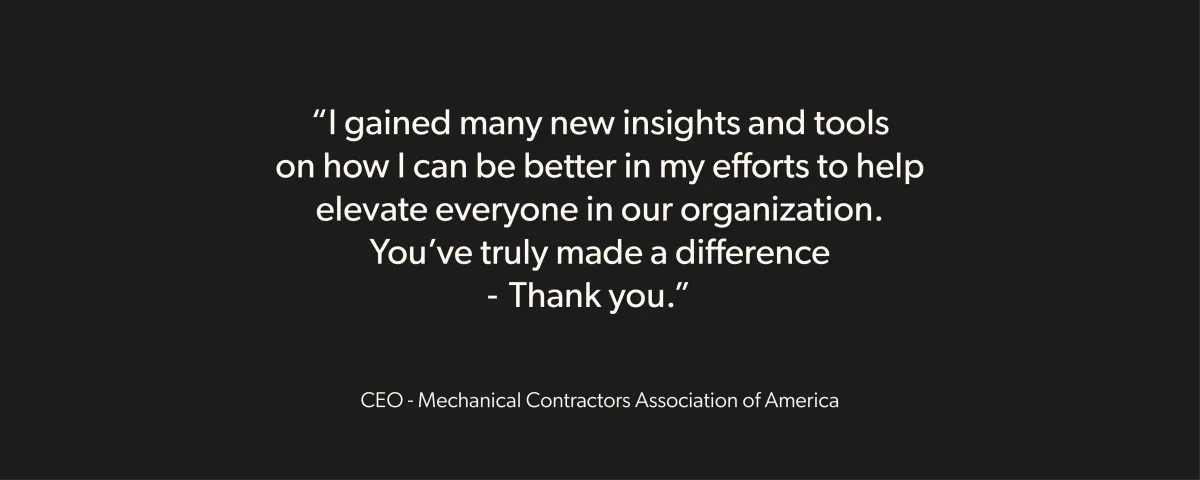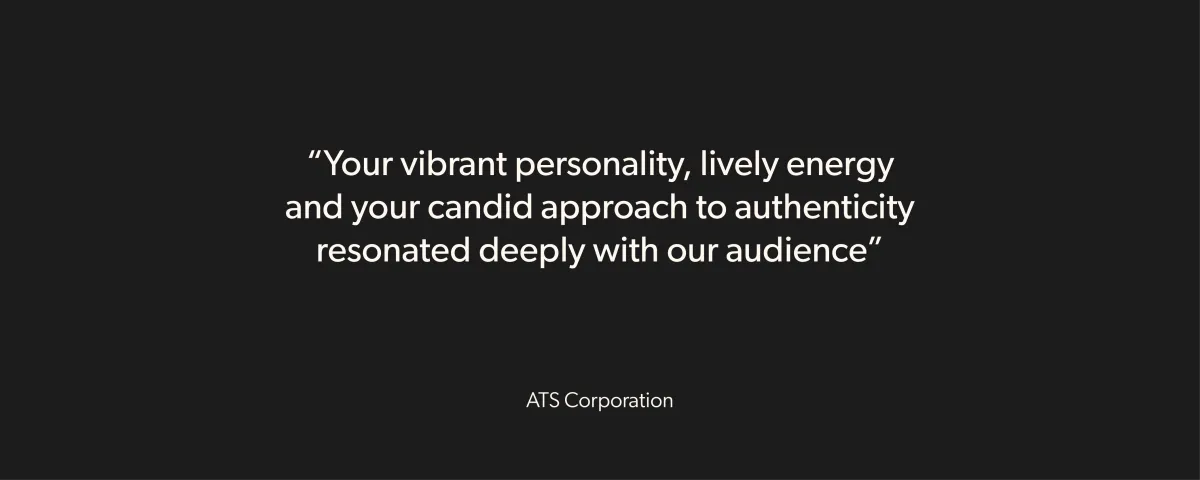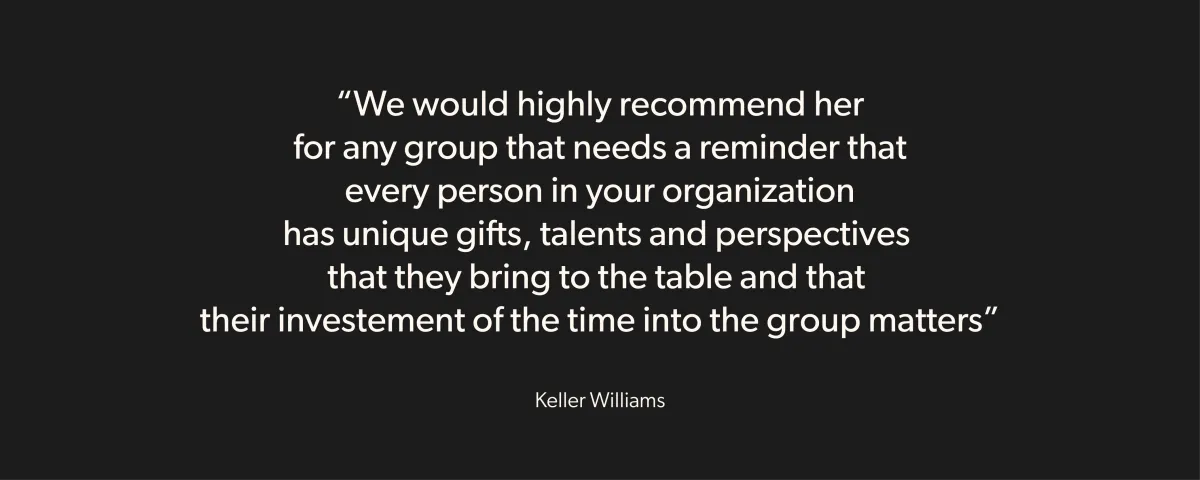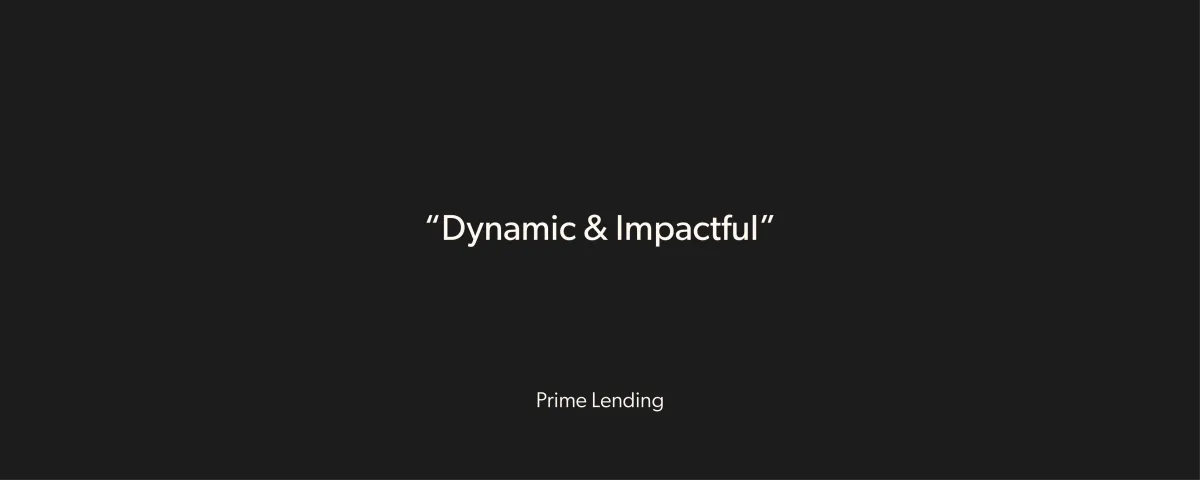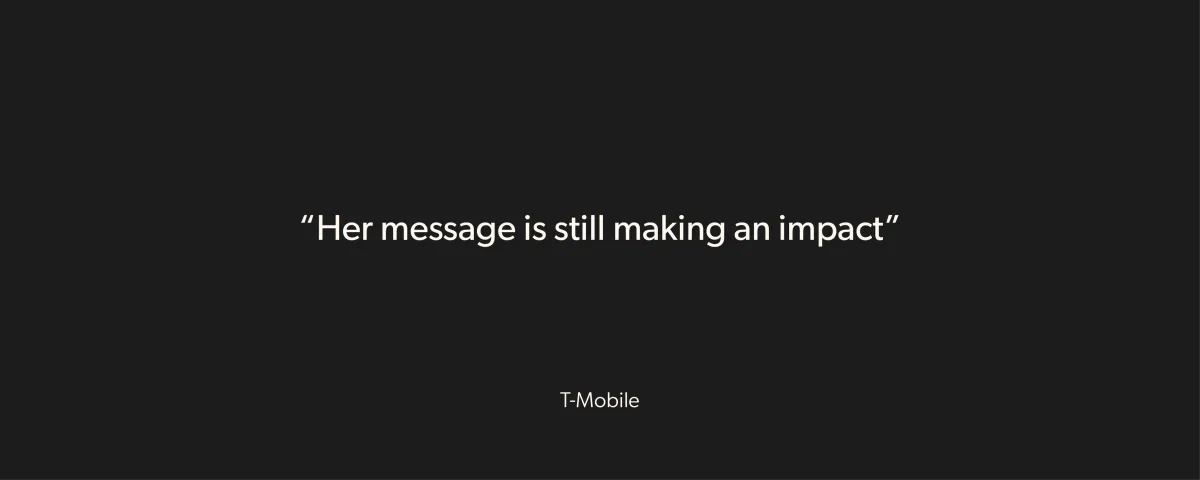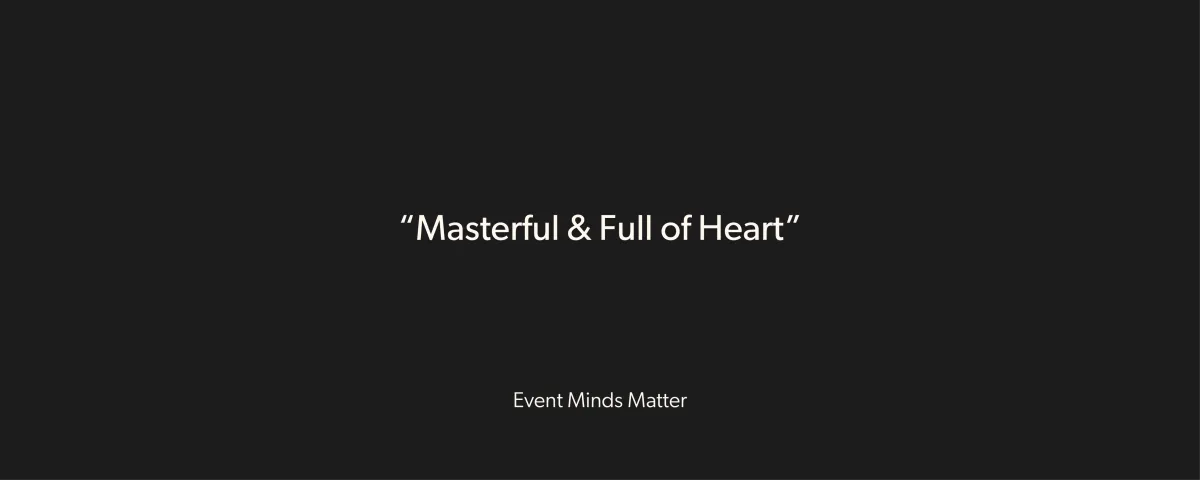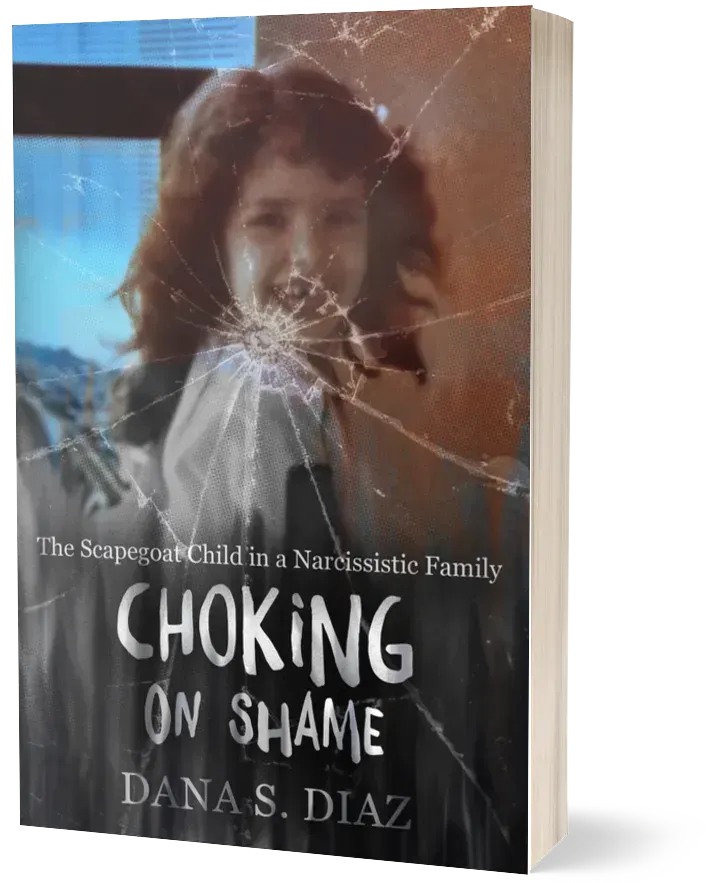

The Voice for Victims of Narcissistic Abuse & Childhood Trauma
Begin your journey from trauma to transformation with Dana S. Diaz — author, speaker, and survivor advocate.
Book Dana to Speak at Your Event
The demand to lead, create, and outperform has never been higher, but the real challenge?
It's not skill. It's not strategy. It's mindset
Welcome! While this website URL features my name, this is really a place for you. It’s a safe place where victims of narcissistic abuse can find information to help cope with their existing or former circumstances.
As someone who has suffered decades of narcissistic abuse, I know that we often feel like our circumstances are unique; that no one else is going through what we are going through, and no one would believe us if we told them the truth. I also know that it’s not always safe or financially feasible to leave a narcissistic spouse or partner, so there is no judgment here. Just support, community and information. I hope my story will help others feel less alone, more understood, and ultimately hopeful that there is a way out.
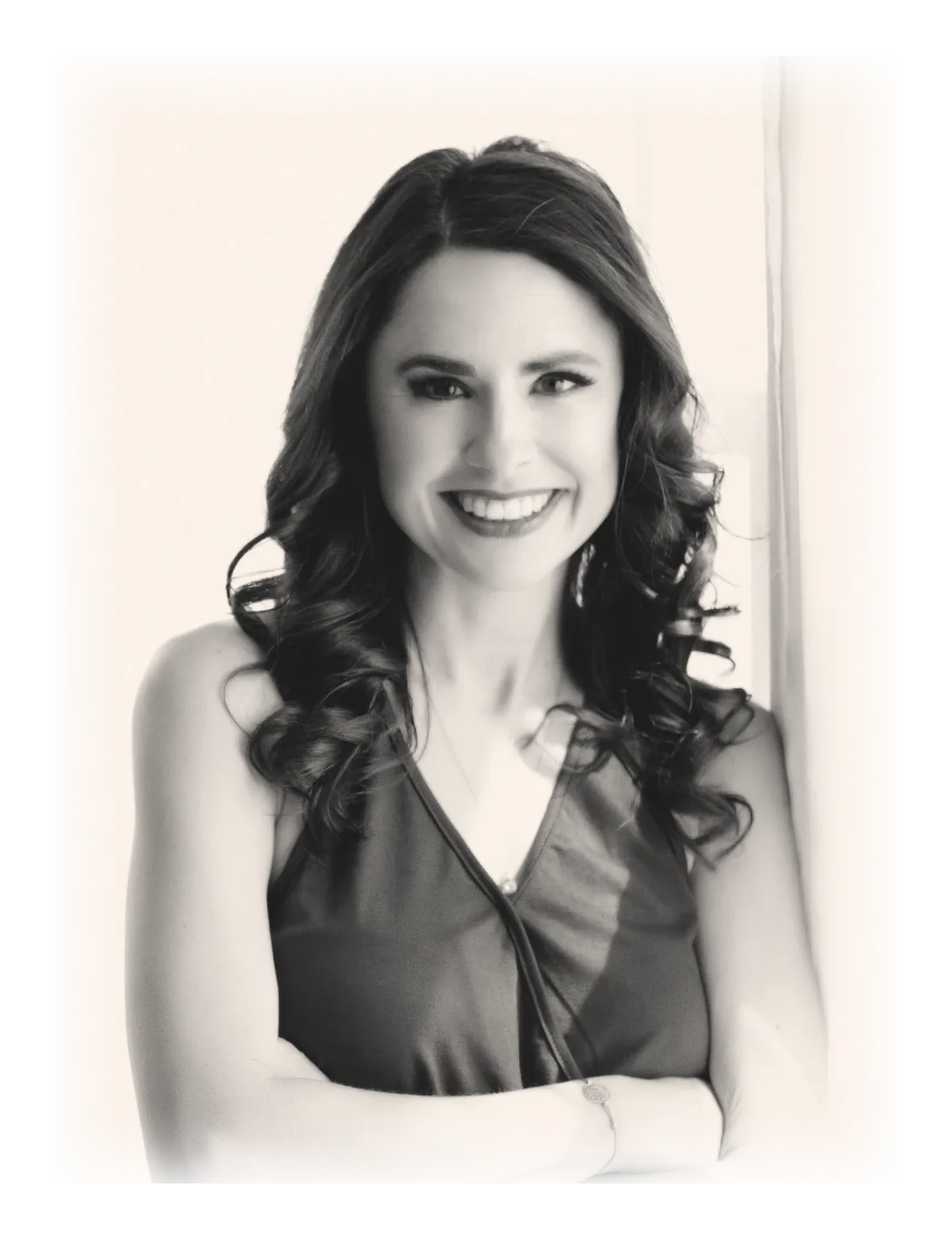
Follow Dana’s personal journey through her memoir trilogy
Gasping for Air: The Stranglehold of Narcissistic Abuse
Dana’s best-selling debut memoir that tells the true story of her life with a narcissistic partner and the abuse she endured. Spanning from early red flags to the courage it took to finally escape, Gasping for Air pulls back the curtain on narcissistic abuse and lets survivors know they are understood. (“It’s not just vanity – narcissistic abuse is real, insidious, and it can happen to anyone,” Dana emphasizes in her story.)
Choking on Shame: The Scapegoat Child in a Narcissistic Family
The #1 New Release prequel to Gasping for Air, this upcoming memoir delves into Dana’s tumultuous childhood. It exposes how growing up with abuse and trauma set the stage for accepting toxic relationships later in life. Choking on Shame is a courageous look at the childhood wounds behind the shame – and how understanding those early injuries is key to breaking free.
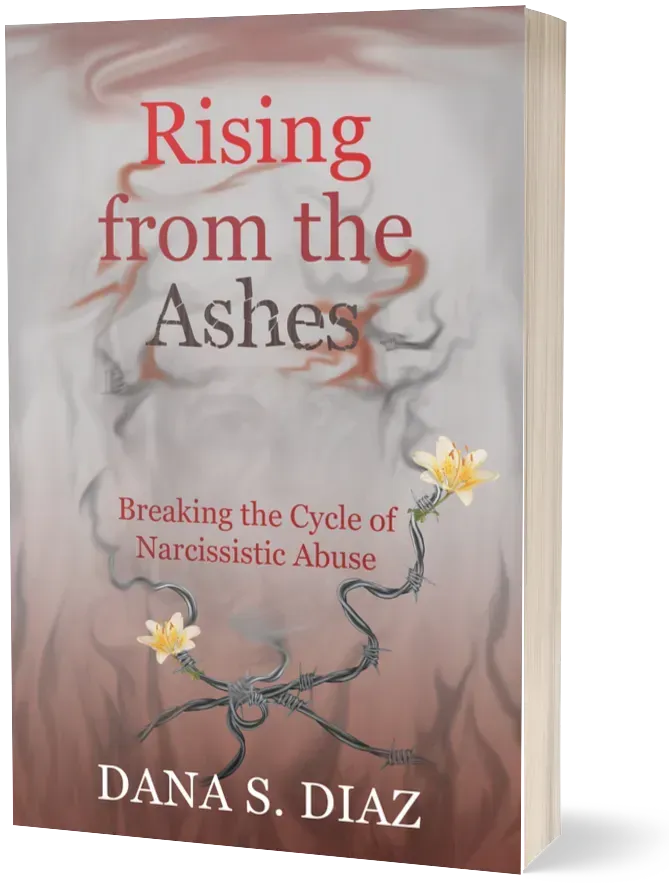
Rising from the Ashes: Breaking the Cycle of Narcissistic Abuse
In the highly anticipated sequel, Dana shares the next chapter of her journey: healing, empowerment, and rebuilding a life of joy and purpose after abuse. Rising from the Ashes will inspire readers to break the cycle and emerge stronger than ever.
Want a PREVIEW before you commit?
Download the first two chapters of Gasping for Air – free
Get a powerful glimpse into Dana’s story of survival, awareness, and healing.
I agree to terms & conditions provided by the company.
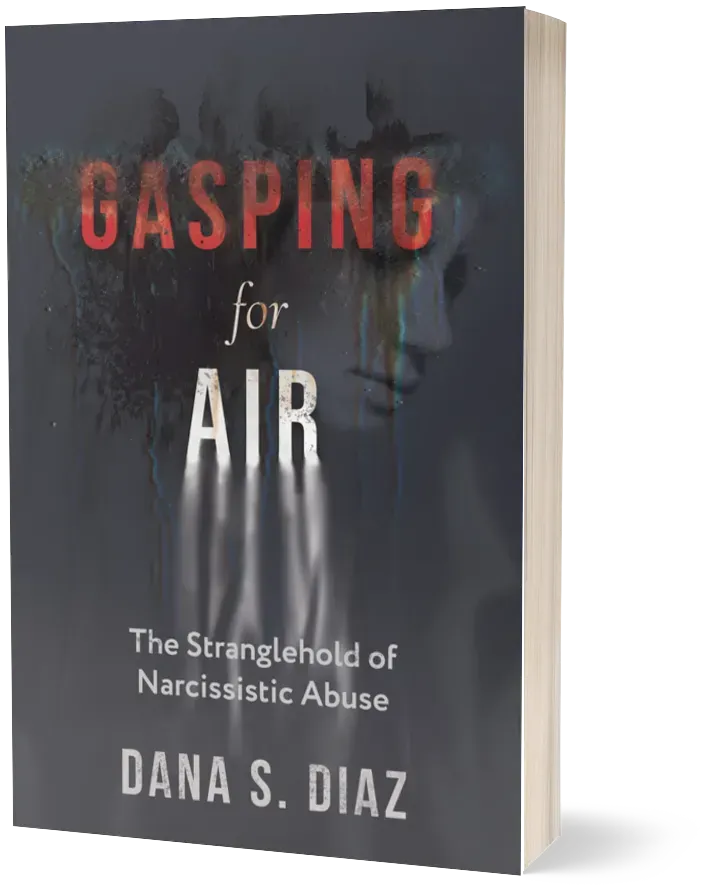

Why Dana?
Survivor & Advocate: Dana isn’t just talking about overcoming narcissistic abuse – she’s lived it. With decades of firsthand experience, she speaks with authenticity and empathy about surviving narcissists, from a painful childhood to a toxic marriage.
Bestselling Author: As the author of Gasping for Air: The Stranglehold of Narcissistic Abuse, Dana shines a light on the hidden realities of emotional and psychological abuse. Her memoir – inspired by her own life – became a #1 bestseller, validating countless readers and bringing awareness to covert abuse. trauma.
Inspirational Speaker: Dana has quickly become a sought-after speaker for conferences, corporations, and community groups. She has been featured on nearly 300 podcasts and media interviews worldwide, sharing her story and insights with audiences around the globe. Event organizers praise Dana’s warm, engaging style and actionable takeaways.
Empowering Educator: In addition to speaking, Dana is an abuse recovery coach and co-leads an online women’s healing workshop focused on recovering from childhood abuse. She provides practical tools and heart-centered guidance for rebuilding self-worth, setting healthy boundaries, and moving forward after trauma.
Healing from abuse is not a journey you have to take alone. Dana co-leads a transformative online workshop for women centered around recovering from narcissistic and childhood abuse.
The Real Obstacle
The issue isn’t talent, intelligence, or opportunity.
The biggest challenge faced by individuals
and teams
is internal:
self-limiting beliefs.
They crush confidence, block creativity, and keep people
playing it safe and small.
Why Dana
With certifications in Emotional and Positive Intelligence
Over two decades leading top sales teams and helping hundreds of people
Dana turns EQ into a powerful tool
for leadership, growth, and success.
The Power Shift
After hearing Tara speak, audiences don’t just leave inspired
they leave empowered.
They walk away with tools they can use right away to lead more
effectively, communicate with clarity,
and show up with confidence. Dana delivers relatable stories,
real-world strategies, and actionable
insights that stick.
A Speaker that inspires, creates and educates
Dana S. Diaz is the speaker that curates the Power Shift within through unflinching truth.

Deep down, you know there’s something bigger waiting for you.
You’ve got an amazing idea one that people need but you’re not sure how to take the first step.
With the right strategy and a coach who’s been there, you know you could build something powerful. You don’t want to waste time (or money) chasing methods that don’t work you want a proven path.
You’re ready to learn what it really takes to start and grow a successful business that lasts.


Looking for a Dynamic Expert Podcast Guest?
Dana S. Diaz is not only a powerful speaker—she’s also an exceptional podcast guest. With nearly 300 interviews to date, Dana brings clarity, compassion, and credibility to every conversation.
Whether you're producing a podcast on mental health, women's empowerment, trauma recovery, or relationships, Dana offers a voice that’s both authoritative and relatable.
Topics Dana can speak to:
How to recognize red flags and protect yourself from narcissists
Empowerment after abuse: mindset, healing, and growth
Healing from narcissistic abuse and toxic relationships
Covert emotional abuse and trauma bonds
Childhood trauma and family systems
Rebuilding self-worth and identity
How I Help

Coaching
Psychoeducation-based strategy sessions
Group Program
A personalized & powerful 10-week experience

Expert Contributor
Insights & tips from a therapist’s perspective

Keynote Speaker
Dynamic & Compassionate, encouraging & empowering
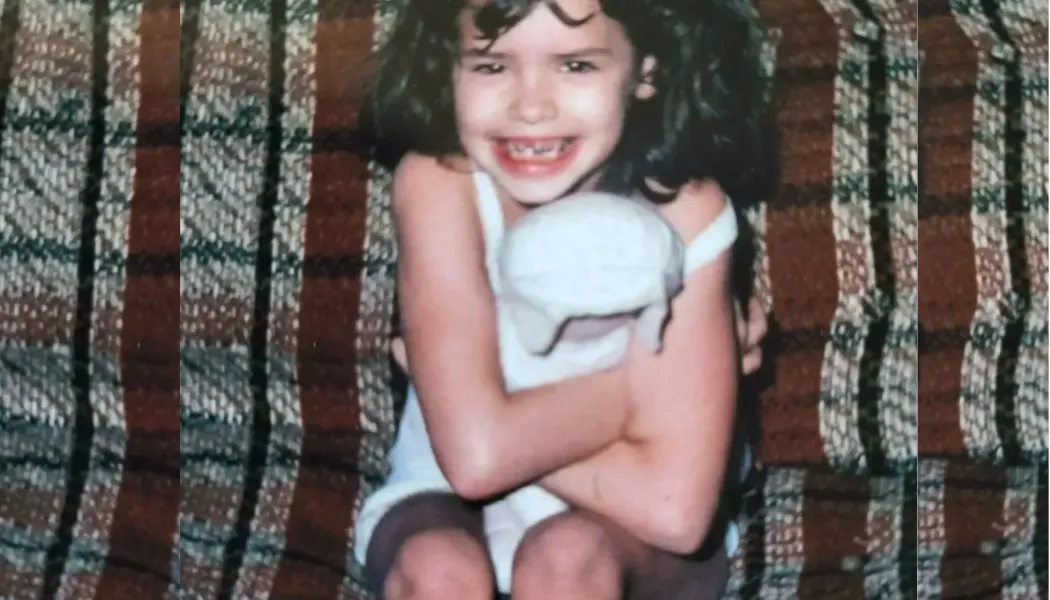
The Voice Inside of Me
As far back as I can remember into my early childhood, I observed how people treated me and each other, and perceived the differences in intent and consistency. For example, my great-grandma, who took care of me, was very loving and nurturing. I innately trusted her because she never failed to make sure I was fed, cleanly clothed, soothed, encouraged, and entertained. My experience with my mother, however, varied between laughing, playing and singing to being rejected in favor of whichever man she was romantically involved with. She married one, whose smiles and gifts I’d never trusted and whom I’d witnessed acting very differently around an audience compared to when we were at home without witnesses.
Although the instability and inconsistency in people’s behaviors felt wrong, I didn’t have the understanding or verbiage for how people behaved in different circumstances. I was just a kid whose inner voice was telling me that the people in my life, whom I was supposed to trust to take care of me and keep me safe and secure, were making me feel otherwise.
I couldn’t understand how my mother and her husband were both so hot and cold with me. I noticed my mother submit to her husband to avoid conflict but refused to do the same despite the unpleasant consequences. I struggled with trusting people when my mother constantly called me a liar and accused me of trying to get attention when I’d tell her about her husband’s harsh words and increasing physical aggression towards me when she wasn’t around to witness any of it. I overheard her husband’s twisted stories of how difficult or defiant I was and was even coached about what I should and shouldn’t tell people about us and our lives, even though they were lies that protected whatever reputation my mother and her husband wanted to uphold in social circles. As I grew older, they would tell me that my experiences didn’t happen the way I remembered or didn’t happen at all. But it was all lies, and it angered me that family and friends so willingly accepted them as truth.
I wasn’t the defiant and manipulative liar my mother and her husband made me out to be. My teachers thought very highly of me. My friends’ parents enjoyed having me in their homes. Music and dance instructors saw tremendous potential in me that seemed to evade my mother and her husband. The stark difference made me realize that I wasn’t the problem; my mother and her husband were. They were liars and manipulators. And it wasn’t right.
My mother’s husband was wrong to tell me no one ever wanted me and that I was a burden he shouldn’t have to deal with. He was wrong to handle me harshly when I stood up for myself against his mistreatment. I resented my mother, too, for submitting me to mistreatment, and failing to stand up for me like a mother should. She chose to believe her husband over me, however, or simply chose not to go against whatever lies her husband wanted her to believe out of fear. Regardless, my mother’s actions proved her husband’s assertions that she didn’t love me, and when my mother and her husband had their own child—which he’d insisted on because I wasn’t his biological spawn—my mother’s loyalty to her husband and her husband’s emotional and physical offenses against me escalated.
But I had no way out. I was a kid who didn’t know about gaslighting, narcissism, and the emotional tactics and physical abuse narcissists used to manipulate their victims. I didn’t know what a scapegoat was. I didn’t know what projection and deflection were. All I felt was excluded and out of place, abandoned, and alone to fend for my own emotional and physical safety and security, and to question my reality altogether.
I spent my college years seeking to understand what I felt and trying to determine if there was something wrong with me, as I’d been made to believe. Instead, I learned that I was a victim. I also learned that our polite society doesn’t want to acknowledge victims of abuse, because then people would have to accept that people they know and care about, including their own sons and daughters and siblings, are intentionally cruel people with whom they normally wouldn’t associate. They’d be burdened with the decision of whether to stand with the abuser or stand up for the victim, and most would rather accept that the victim is a vengeful and a crazy liar than accept their association with an abuser.
So, victims are silenced, called crazy, and told to get help. That, my friends, is gaslighting, which is a form of more emotional abuse. And to continue to manipulate and abuse those of us who were already traumatized is just cruel.
It’s our abusers who should be silenced, and who should be shamed for their actions. Our abusers are the ones who are antisocial and exhibit psychotic tendencies. It’s our abusers who need help. Not us.
That’s why it’s time to join together and speak up. I’m thankful to have the understanding and education to be able to give voice to the millions of abuse victims who are afraid or unable to speak up for themselves. I know I will face obstacles and be made out to be a liar, but it’s a risk I’m willing to take if it prevents one child from experiencing the devastating life-long effects of emotional and physical torment or helps one adult better understand what happened to them.
As I’ve joked to many, my big mouth and negative experiences weren’t a coincidence. Together they gave me purpose, and that purpose is to give voice to fellow victims of abuse and start a conversation that will hopefully lead to justice for those of us who never got it.

What others are saying
TESTIMONIALS

FOLLOW DANA
COMPANY
Copyright 2025. Privacy policy. Dana S Diaz. All Rights Reserved.
